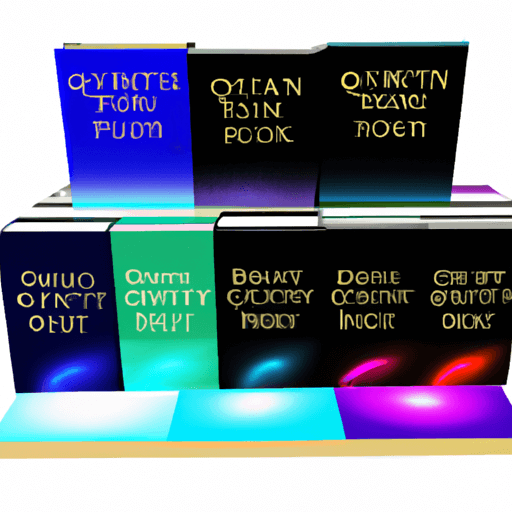The Influence of Quantum Physics on Modern Literature
Quantum Physics, a branch of science that probes into the world of tiny particles, has an unexpected yet profound impact on various domains of culture and art, particularly modern literature. Complex theories of quantum physics have altered the narrative structure, themes, and characterization, expanding the landscape of modern literature.
A Shift in Narrative Structure
Quantum Physics has introduced a radical shift in linear narrative structures. The notion that particles can exist in multiple states simultaneously until observed fits neatly into the framework of non-linear and multi-strand storytelling. This unsettling premise of quantum theory enables authors to explore parallel realities and alternate storylines, paving the way for innovative narrative techniques.
Thematic Changes
Quantum physics has led to the emergence of new themes such as uncertainty, duality, connectedness, and relativity in modern literature. The well-known concept of 'quantum superposition', where a particle can be in two places at once, has found its way into literature, challenging the reader’s perception of reality and questioning the nature of existence.
Characterization
Likewise, characters are no longer bound by the confines of traditional characterization. They are seen existing in multiple states, much like quantum particles, thereby providing more depth and layers to their personas.
Impact on Different Genres
In genres like magical realism and science fiction, quantum physics has been particularly instrumental. Books like 'The Man in the High Castle' by Philip K Dick and 'The Aleph' by Borges are prime examples where the influence of quantum physics is evident.
Enhanced Understanding and Appreciation
For those with a working knowledge of Quantum Physics, the metaphors and themes derived from it add a richer understanding of these texts. It allows them to delve deeper into the narrative structures and offers a greater appreciation of the work.
Future Possibilities
As quantum physics evolves and fascinates us with new discoveries, it's clear that its influence on literature will only grow. The future may see even more integration of advance quantum concepts into literary works, expanding the horizons of storytelling.
Conclusion
In summary, quantum physics has greatly influenced the modern literary scene, altering its narrative structure, themes, and characterization. This intersection of science and literature not only challenges our traditional understanding but also allows us a view into the very fabric of reality.



















Comments
Leave a Comment